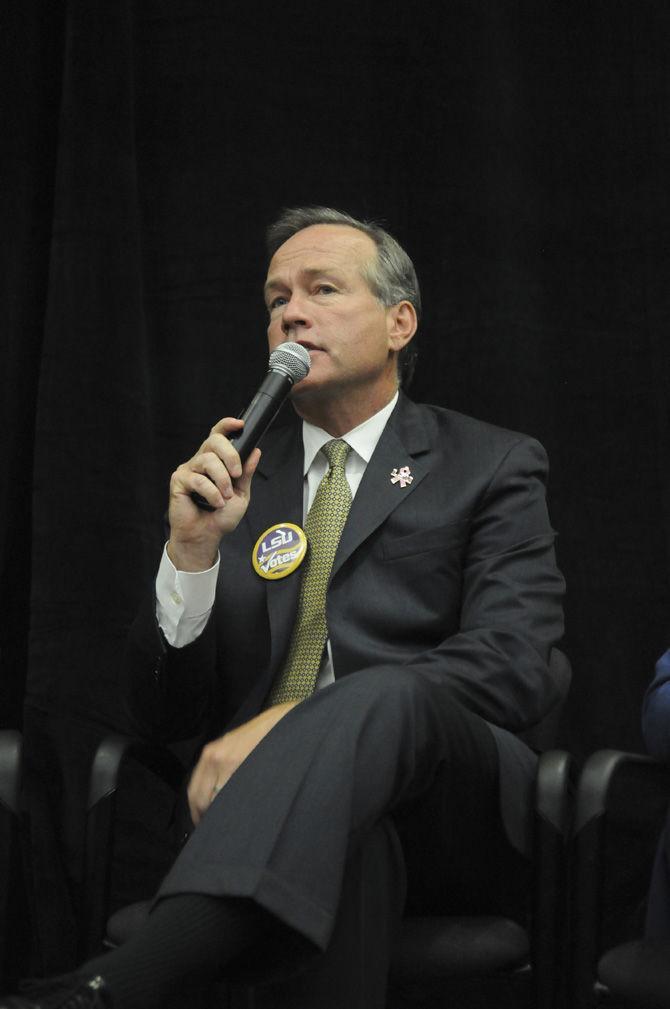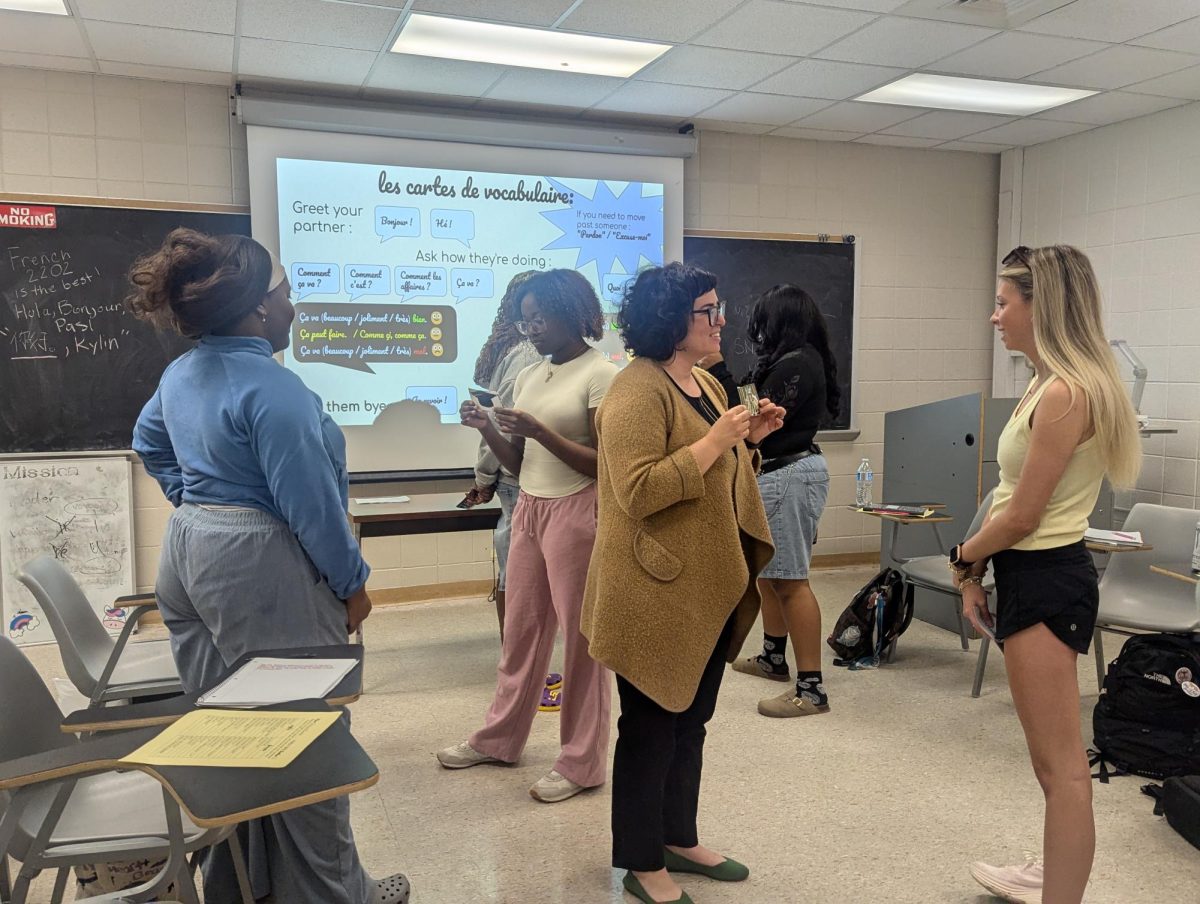President Donald Trump signed a revised edition of his controversial immigration executive order Monday, temporarily restricting travel from six designated countries – Iran, Libya, Somalia, Sudan, Syria and Yemen.
Trump’s original order also restricted travel from Iraq. The new order merits the nation’s “close cooperative relationship” with the United States, as well as U.S. diplomatic influence, to justify a new position on Iraq.
Days before the president revealed his new order, Education Reform Now, an education advocacy group and think tank, released data on whether college presidents from each state’s flagship university had released a statement on the order.
LSU President F. King Alexander sent out a statement in late January, offering words of support to the University’s international community. Education Reform Now credits Alexander for making a statement and affirming the University’s values but does not show him as having criticized the order.
University faculty members also spoke against the order, sending a petition to Alexander’s office urging further action.
According to the data, seven flagship presidents did not release statements on the order – David Pershing of the University of Utah, Harris Pastides of the University of South Carolina, Chaouki Abdallah of the University of New Mexico, Richard Edwards of Rutgers University-New Brunswick, Bruce Harreld of the University of Iowa, Dennis Assanis of the University of Delaware, and Dana Thomas of the University of Alaska Fairbanks.
The Daily Reveille previously reported that 118 University students came from countries affected by the old order. Under the new one, 116 students will be affected.
F. King Alexander among several flagship presidents who released statements on executive order
March 7, 2017
LSU President F. King Alexander answering questions on Oct. 4, 2016 in the Dalton J. Woods Auditorium of the Energy, Coast, and Environment Building.
More to Discover









